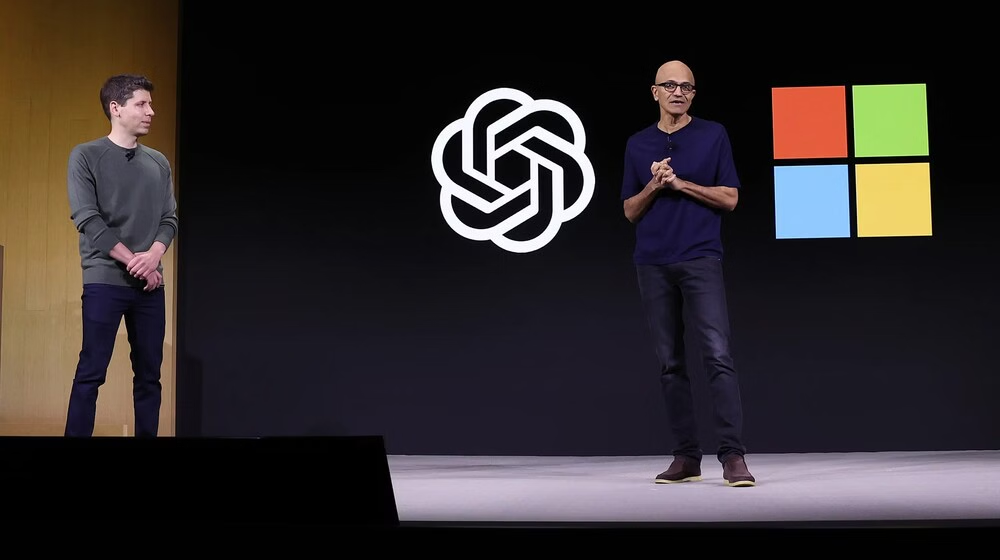Behind Closed Doors: Microsoft and OpenAI Revisit the Rules of a Billion-Dollar Partnership
Tensions appear to be simmering behind the scenes between two of the tech world’s most powerful players. Microsoft and OpenAI — once seen as perfectly aligned in the race to dominate artificial intelligence — are now deep in renegotiation talks that could reshape the foundation of their multibillion-dollar relationship.
According to sources cited by the Financial Times, the talks are anything but routine. At the center is a complex restructuring plan OpenAI is trying to push forward — one that would shift its for-profit arm into a public benefit corporation, but still keep the nonprofit board firmly in charge. While this move is meant to preserve OpenAI’s original mission, it has reportedly raised red flags for Microsoft and other key stakeholders.
Microsoft, which has poured an estimated $13 billion into OpenAI, holds considerable sway in how these plans unfold. Insiders say the tech giant is seeking clarity — and likely concessions — before giving its blessing to any new structure. The main sticking point appears to be equity. Microsoft wants a fair shake if ownership terms change, but it’s also looking ahead. Sources suggest the company is pushing for guaranteed access to future OpenAI technology well beyond their current agreement, which runs through 2030.
Interestingly, Microsoft may be willing to give up some equity in exchange for long-term rights to OpenAI’s pipeline of tools and models — a strategic move that reflects just how much is riding on where AI goes next.
But this isn’t just about legal language and boardroom maneuvering. There’s a growing sense of friction. OpenAI’s ambitions have expanded dramatically over the past year. The company isn’t just building models; it’s designing infrastructure, including the ambitious Stargate supercomputing project. It’s also making direct moves into the enterprise market — a space where Microsoft has traditionally held dominance through Azure and Office.
Those overlapping interests are making some in the industry wonder whether the once-cozy collaboration is beginning to fray at the edges.
So far, both companies are keeping quiet publicly. No official statements have been released on the current state of negotiations, but those close to the matter say the outcome could influence how the broader AI landscape evolves — not just in terms of technology, but in how partnerships are structured between mission-driven startups and corporate backers with global reach.
For now, all eyes are on what happens next — and whether Microsoft and OpenAI can strike a new balance between innovation, control, and the billions riding on both.



